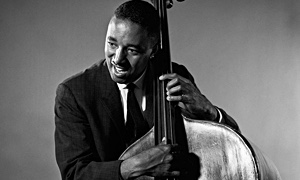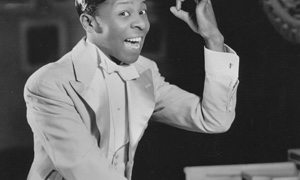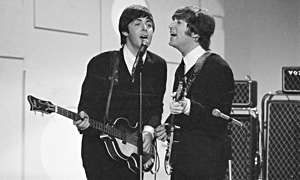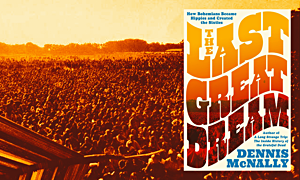Home » Jazz Articles » Book Review » The Miles Davis Lost Quintet and Other Revolutionary Ensembles
The Miles Davis Lost Quintet and Other Revolutionary Ensembles
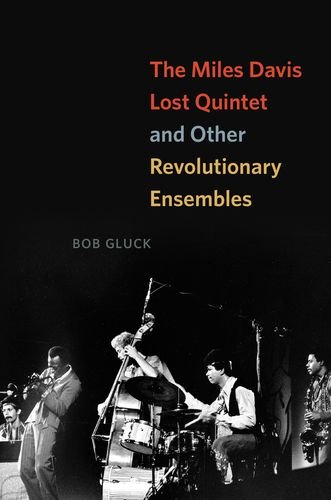 The Miles Davis Lost Quintet and Other Revolutionary Ensembles
The Miles Davis Lost Quintet and Other Revolutionary Ensembles Bob Gluck
256 Pages
ISBN: #022618076X
University of Chicago Press
2016
In the history of jazz, no one has been written about more than

Miles Davis
trumpet1926 - 1991

Bob Gluck
pianob.1955
The original "Lost Quintet" consisted of Davis, saxophonist

Wayne Shorter
saxophone1933 - 2023

Chick Corea
piano1941 - 2021

Dave Holland
bassb.1946

Jack DeJohnette
drumsb.1942

Keith Jarrett
pianob.1945

Airto Moreira
percussionb.1941

Steve Grossman
saxophone1951 - 2020

Gary Bartz
saxophone, altob.1940

Michael Henderson
bass, electricGluck's strength as a historian became apparent with his first book You'll Know When You Get There: Herbie Hancock and the Mwandishi Band (University of Chicago Press, 2012). More importantly on The Miles Davis Lost Quintet and Other Revolutionary Ensembles, Gluck's own expertise as a composer and musician work hand- in-hand with his natural inquisitiveness to uncover the inner creative method in a band that was literally reinventing their music on a gig-by-gig basis. In the process, Gluck perhaps reveals more about Davis' techniques than previously understood.
We see, in the "Lost Quintet," a group whose evolution, even over an inarguably short period of time, continually built on density and texture, electronics, rock, funk and improvised jazz as they ushered in a new age of music. Davis' influences were more than those of cross-genre innovators like

Ornette Coleman
saxophone, alto1930 - 2015

Jimi Hendrix
guitar, electric1942 - 1970
As the title of the book implies, there are other groups in the discussion, from the off-shoots of the "Lost Quintet" like Circle, to Davis' own later groups. One of the more interesting sections of the book talks about the early influences of

Anthony Braxton
woodwindsb.1945

John Coltrane
saxophone1926 - 1967

Cecil Taylor
piano1929 - 2018
In his examination of lesser-known groups like the Revolutionary Ensemble, Gluck illustrates both the Davis influence and the tenacious individualism of artists from the trumpeter's sphere who were determined to follow their own best instincts. Though Gluck is an academician, his writing is accessible even at its most detailed. His insights are solidly supported by historical fact, quotes, and his firm grasp of the subject. As a result, The Miles Davis Lost Quintet and Other Revolutionary Ensembles plays out as a compelling narrative of artistic ambitions and human nature.
Tags
Comments
PREVIOUS / NEXT
Support All About Jazz
 All About Jazz has been a pillar of jazz since 1995, championing it as an art form and, more importantly, supporting the musicians who make it. Our enduring commitment has made "AAJ" one of the most culturally important websites of its kind, read by hundreds of thousands of fans, musicians and industry figures every month.
All About Jazz has been a pillar of jazz since 1995, championing it as an art form and, more importantly, supporting the musicians who make it. Our enduring commitment has made "AAJ" one of the most culturally important websites of its kind, read by hundreds of thousands of fans, musicians and industry figures every month.



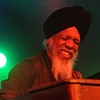



 Buy Now
Buy Now




